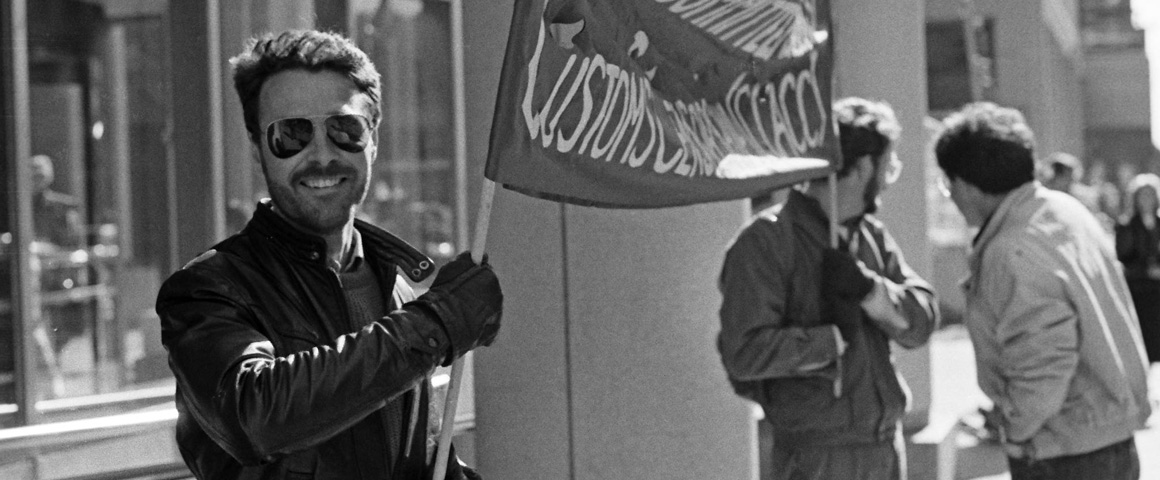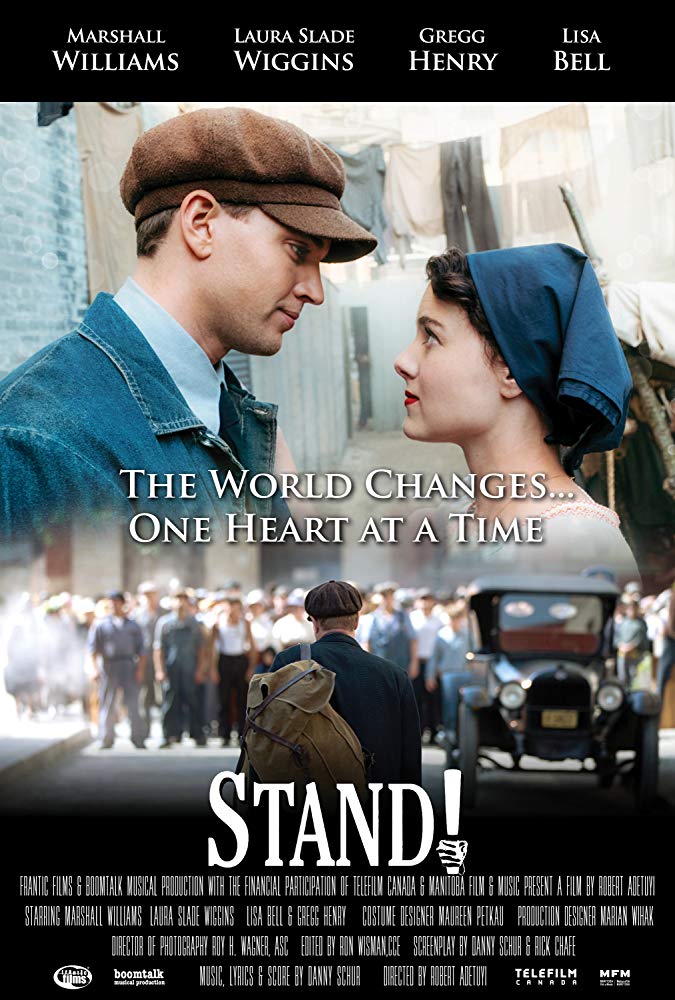How did a social movement evolve from a small group of young radicals to the incorporation of LGBTQ communities into full citizenship on the model of Canadian multiculturalism?
That is the key question that Tim McCaskell struggles to explain through his forty-year saga of gay, queer and AIDS political activism. Queer Progress is both a personal and political journey stretching from 1974 to 2014. Those forty years of intimate involvement allow McCaskell to use a first person narrative in telling a most fascinating and meticulously referenced history of the gay rights and gay liberation movements. The book feels like both a memoir and a social movement history, with political theory relevant to virtually all struggles for equality today.
McCaskell uses first-hand accounts, as he says, “not to inflate his own importance, but to make the account more vivid and accessible.” In fact his gift includes a sharp analysis when deconstructing events in a respectful manner, along with a witty sense of humour.
Despite its length, the book is accessible and a pleasure to read. Broken up into four parts and four very different decades, it employs a Materialist analysis to explain that individuals’ ideas, thoughts and beliefs are shaped by the experiences they have in society. The struggle for LGBTQ rights have also been shaped by the economic reality of the time period being examined in Canada. The book takes us on a journey through the Keynesian dominated ‘70s and ‘80s, which provided somewhat of a social safety net for early lesbian and gay activists who risked careers and family support by coming out. It also critiques the struggles for equality in the dominant Neo-liberal economy of the new millennium.
The conclusion, “Looking Back, Looking Forward,” is brilliant. It rewards the reader with a summary of the process Canada has undertaken in 50 short years. The transformation of a primarily homophobic society to one which values certain sections of the LGBTQ community similar to a national “ethnic” group.
As the publisher notes, “Queer Progress tries to make sense of a political transformation by narrating the complexities and contradictions of forty years of queer politics.” McCaskell himself acknowledges, “that in the process of transforming laws, we also transformed ourselves. Quoting a famous South African activist and friend, the author says that history will judge our communities not by how many friends we had in high places, but by what we did to support social justice for all.”
Tim McCaskell is a former OSSTF/FEESO member in the District 12, Toronto PSSP unit, and the author of Race to Equity: Disrupting Educational Inequality.




